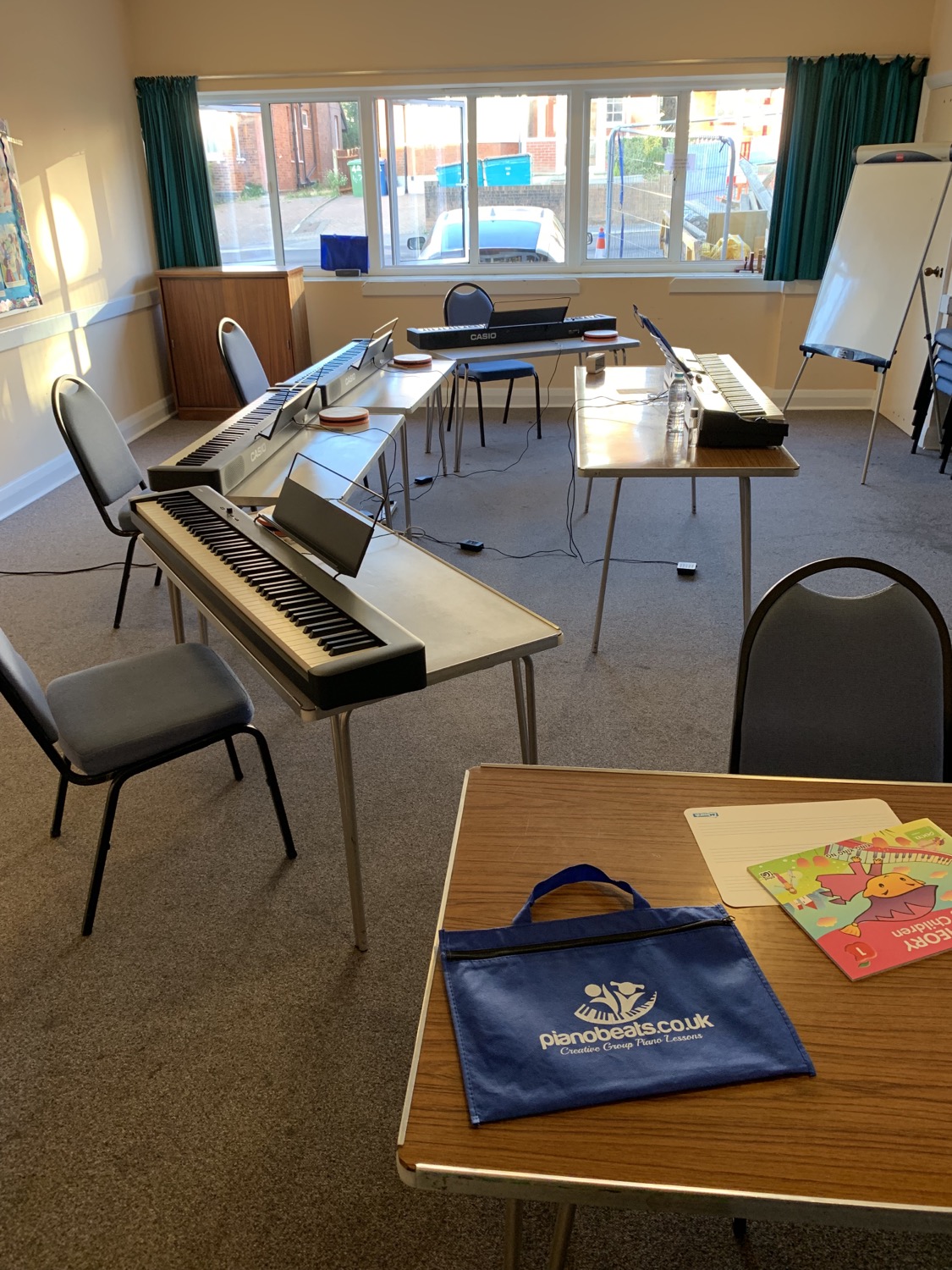Guiding Your Child Through Music: Essential Tips for Beginner Musicians
- Marek Koczen

- Nov 12, 2025
- 3 min read

Music can open doors to creativity, discipline, and joy for children. Starting a child on their musical journey can feel overwhelming, especially for parents who may not have a musical background. Yet, with the right approach, you can help your child develop a lasting love for music and build strong foundational skills. This post offers practical advice to guide your child through the early stages of learning music, making the experience enjoyable and productive.
Choose the Right Instrument Together
Selecting an instrument is the first step in your child’s musical journey. It’s important to involve your child in this decision to ensure they feel excited and motivated.
Consider your child’s interests and personality. For example, a child who loves rhythm might enjoy drums, while one who likes melodies might prefer piano or violin.
Think about the instrument’s size and ease of handling for a beginner.
Factor in practical concerns like noise level and space at home.
Visiting a music store or attending a beginner’s music class can help your child try different instruments before deciding. This hands-on experience often sparks enthusiasm and commitment.
Establish a Consistent Practice Routine
Regular practice is key to progress, but it should not feel like a chore. Help your child develop a routine that fits their daily schedule and energy levels.
Set short, focused practice sessions, especially for younger children. Ten to fifteen minutes daily is more effective than long, infrequent sessions.
Create a dedicated, distraction-free practice space.
Use timers or practice charts to track progress and celebrate milestones.
Encourage your child by joining in or showing interest in their practice. Positive reinforcement builds confidence and makes practice a positive habit.
Find a Supportive Teacher or Program
A good teacher can make a huge difference in your child’s musical development. Look for instructors who specialize in beginners and understand how to engage children.
Ask about their teaching style and experience with young learners.
Check if they use methods that match your child’s learning preferences, such as visual aids, games, or storytelling.
Consider group lessons or music schools that offer social interaction with peers.
If in-person lessons are not an option, many online platforms provide quality beginner courses with interactive features.
Encourage Exploration and Creativity
While learning technique is important, nurturing your child’s creativity keeps music fun and meaningful.
Allow your child to experiment with sounds and rhythms.
Encourage improvisation or composing simple melodies.
Introduce different music genres to broaden their musical taste.
This freedom helps children connect emotionally with music and develop their unique style.
Support Your Child Through Challenges
Learning music involves overcoming difficulties, from mastering finger positions to reading notes. Your support during these moments is crucial.
Be patient and avoid pressuring your child to perform perfectly.
Help them break down difficult tasks into smaller steps.
Celebrate effort and progress rather than just results.
Sharing stories of famous musicians who faced struggles can inspire resilience and persistence.
Use Technology Wisely
Technology offers many tools to support beginner musicians, but it should complement, not replace, traditional learning.
Apps for tuning instruments, metronomes, and music theory games can make practice more engaging.
Recording practice sessions helps track improvement and identify areas to work on.
Online videos and tutorials provide additional explanations and demonstrations.
Monitor screen time and ensure technology use remains balanced and purposeful.
Attend Live Performances and Musical Events
Experiencing live music can motivate your child and deepen their appreciation.
Take your child to concerts, recitals, or community music events.
Encourage them to watch musicians perform different instruments.
Discuss what they hear and see to enhance understanding.
These experiences connect learning to real-world music and inspire your child to keep improving.
Foster a Positive Musical Environment at Home
Your attitude toward music influences your child’s experience.
Play music at home regularly to create a musical atmosphere.
Show enthusiasm for your child’s progress and interests.
Avoid comparing your child to others; focus on their individual journey.
A supportive home environment builds confidence and a lifelong love of music.



Comments